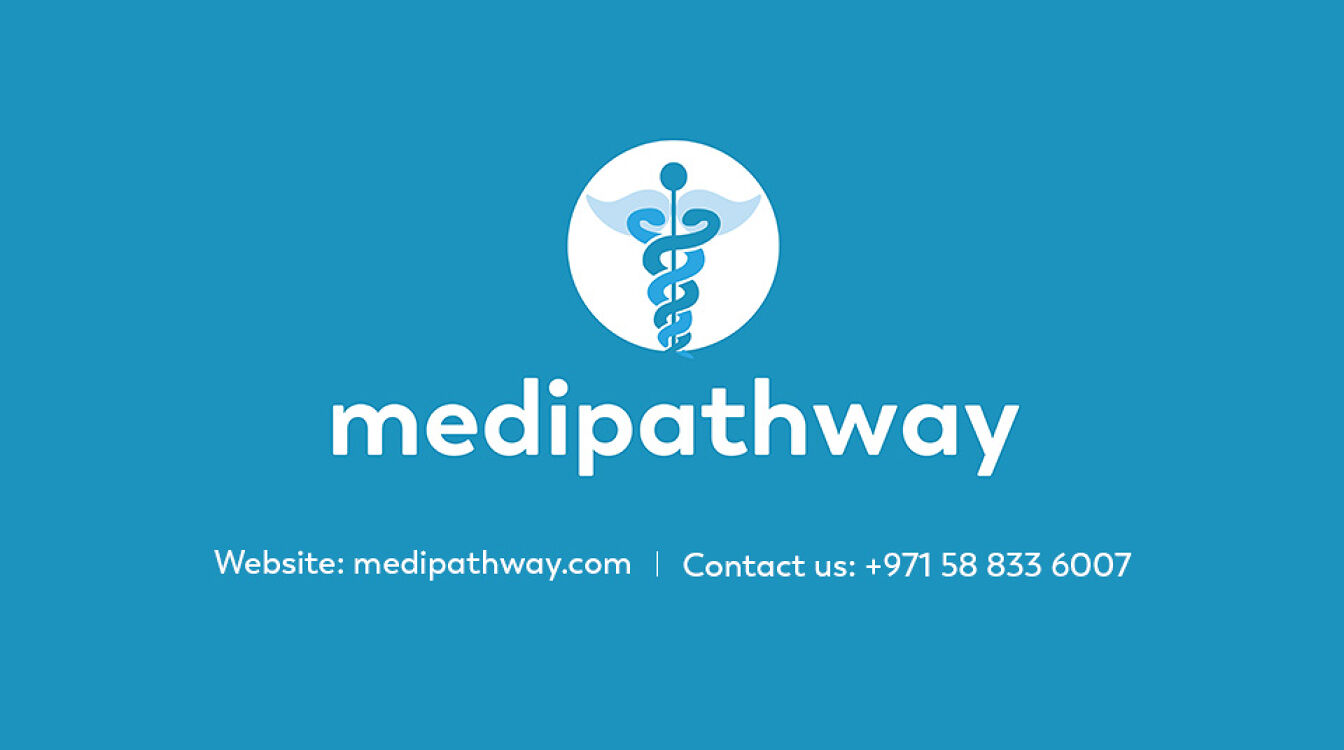Medipathway: A Comprehensive Guide: How to Apply to Caribbean Medical Schools
Becoming a medical professional is a noble and rewarding pursuit, but the path to medical school can be challenging and competitive. For many aspiring doctors, Caribbean medical schools offer a viable alternative to traditional programs in the United States and Canada. These institutions provide excellent education and open doors to fulfilling careers in medicine. However, applying to Caribbean medical schools requires careful planning and thorough preparation. This comprehensive guide will walk you through the step-by-step process of applying to Caribbean medical schools, helping you realize your dream of becoming a doctor.
Research and Choose the Right Caribbean Medical School
The first step in your journey to medical school in the Caribbean is to research and select the right institution. Consider location, accreditation, curriculum, faculty, and student outcomes. Some well-established Caribbean medical schools include St. George's University, Ross University School of Medicine, and the American University of the Caribbean School of Medicine.
Understand Admission Requirements
Each Caribbean medical school may have slightly different admission requirements. However, common prerequisites include a bachelor's degree, pre-medical coursework, and competitive scores on standardized tests like the MCAT (Medical College Admission Test). Be sure to review the specific requirements for the schools you are interested in and plan your undergraduate studies accordingly.
Prepare Your Transcript and Academic Records
Maintaining a solid academic record is crucial for admission to Caribbean medical schools. Ensure you excel in your pre-medical coursework, as your GPA will be significant in the application process. Request official transcripts from your undergraduate institution and any postgraduate programs you may have completed.
Score Well on the MCAT
The MCAT is a standardized test that assesses your knowledge and critical thinking skills in biology, chemistry, physics, and the social sciences. Caribbean medical schools typically require competitive MCAT scores. Invest in thorough preparation, consider taking preparatory courses, and practice with official MCAT materials.
Secure Strong Letters of Recommendation
Strong letters of recommendation from professors, mentors, or healthcare professionals can significantly boost your application. Choose individuals who know you well and can speak to your academic abilities, work ethic, and character. Give your recommenders plenty of notice and provide them with all the necessary information for writing compelling letters.
Write a Convincing Personal Statement
Your statement is your chance to showcase your passion for medicine and explain why you want to become a doctor. Highlight your experiences, motivations, and qualities that make you a strong candidate. Be authentic and reflective in your writing. Have trusted friends or advisors review and provide feedback on your statement.
Compile a Well-Organized Application Package
Prepare a comprehensive application package that includes all required documents, such as transcripts, MCAT scores, letters of recommendation, and your statement. Follow each school's specific application instructions carefully. Pay close attention to deadlines and ensure your application is complete before submission.
Consider Financial Aid and Scholarships
Attending medical school can be costly, so explore financial aid options and scholarships from Caribbean medical schools. Research external scholarship opportunities and government programs are available to international students. Financial planning is essential to manage the cost of your medical education.
Prepare for Interviews
If your application is successful, you may be invited for an interview. Be well-prepared for this crucial step. Research common interview questions, practice your responses, and conduct mock interviews with mentors or advisors. Be confident, articulate, and professional during the interview.
Submit Your Application Early
Submitting your application early can improve your chances of acceptance. Most Caribbean medical schools use rolling admissions, meaning they evaluate applications as they are received. Applying early demonstrates your commitment and enthusiasm for the program.
Stay Informed About Visa and Immigration Requirements
If you are not a citizen or permanent resident of the Caribbean country where you plan to study, you will likely need a student visa. Familiarize yourself with the specific visa and immigration requirements of the country and school you are applying to. Start the visa application process early to avoid any delays.
Be Patient and Persistent
The application process for Caribbean medical schools can be competitive and time-consuming. Be patient and prepared for potential setbacks. If you face rejection, seek feedback and consider reapplying in the future. Many successful physicians have faced obstacles on their journey to medical school.
Ultimately
Applying to Caribbean medical schools offers a unique opportunity to pursue your dream of becoming a doctor. While the process may seem daunting, careful planning and dedication can help you navigate the admissions process successfully. Research your options, meet the admission requirements, and submit a compelling application package. Remember that the journey to medical school is not just about getting accepted but also about personal growth and resilience. Stay committed to your goal, and you'll be well on your way to joining the ranks of healthcare professionals making a difference in the world.
.jpg)





Comments
Post a Comment